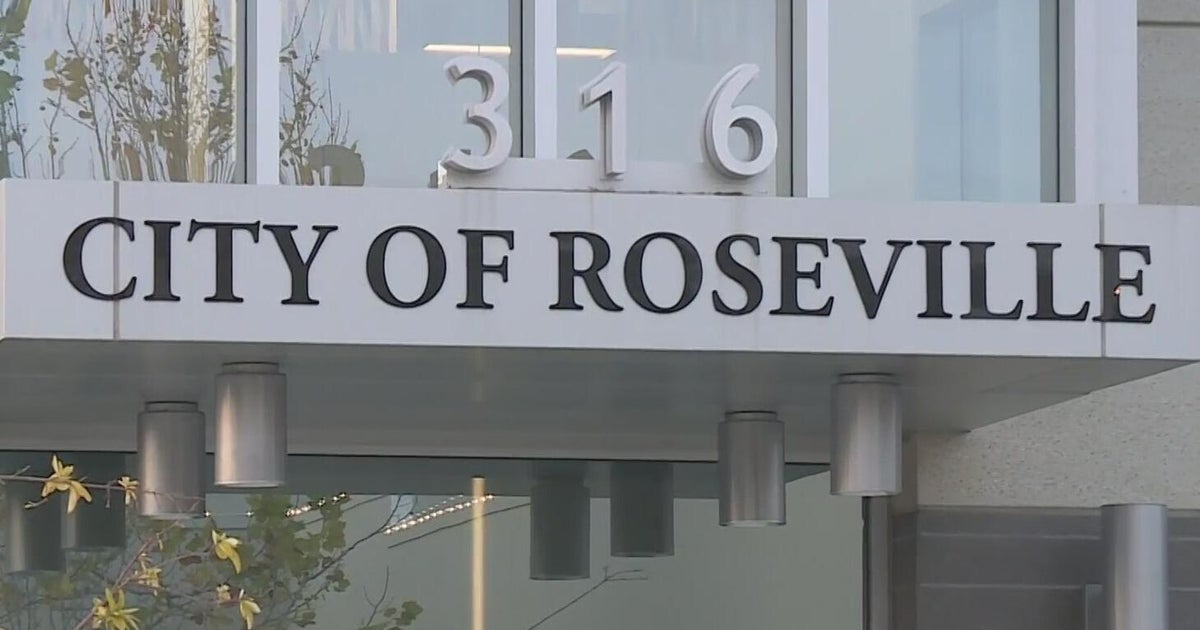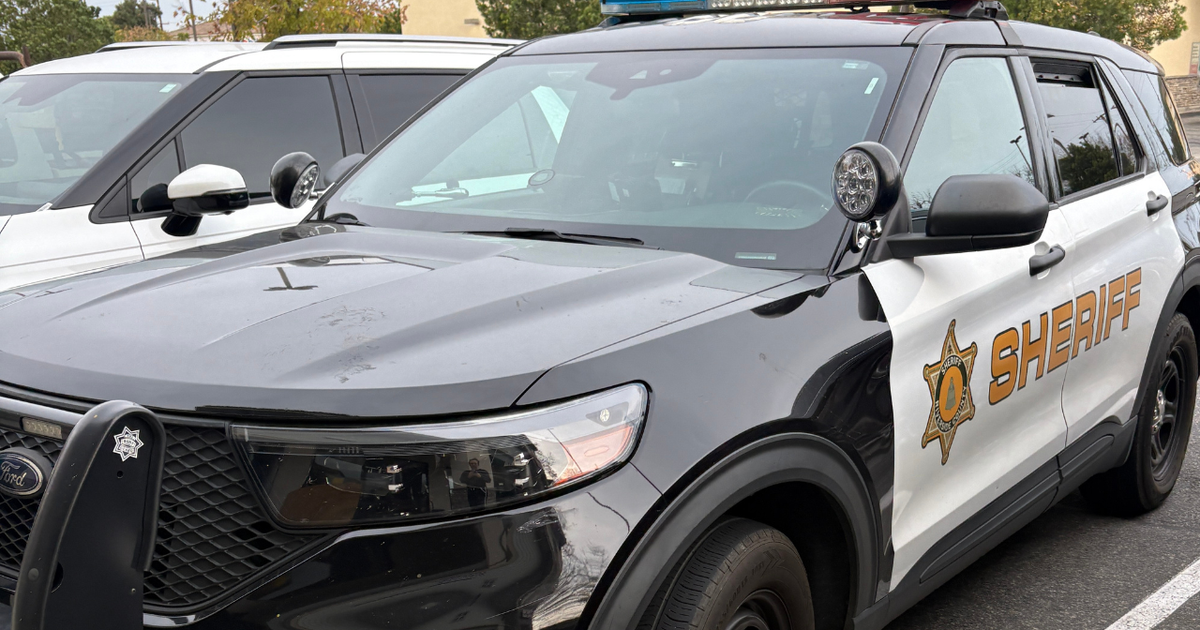Electric Car Sales Triple In 2012

U.S. car buyers took home about 17,500 plug-in electric cars in 2011.
Last year, the numbers got better.
A lot better.
In 2012, about 53,000 electric cars were likely sold--essentially triple the prior year's number.
Not bad, huh?
We know that at least 50,000 sales of plug-in cars will have been reported by Chevrolet, Ford, Honda, Nissan, and Toyota.
We don't have final sales figures from Tesla, and won't until Tesla Motors [NSDQ:TSLA] releases its fourth-quarter financial results, most likely in early February.
We also don't have data on electric-car sales from Fisker, Coda, or Wheego.
But here's what we do have data on.
Chevrolet Volt
Hands down, the Volt has become the most popular plug-in electric car in the U.S.
Despite hostility to the car among certain sectors of the media, the Volt's shaky start in 2011 has solidified into a sales lead for the range-extended electric car.
In December, Chevy sold 2,633 Volts, bringing its year's total to 23,461. That's three times the 7,671 sold in 2011, and it locks the Volt into the leading position among all plug-in cars on sale in the U.S.
Toyota Prius Plug-In Hybrid
It didn't go on sale until February last year, but it logged steady sales and surged past the Nissan Leaf to become the second most-popular plug-in car on the market.
Last month, Toyota sold 1,361 plug-in Priuses, making the 2012 total a remarkable 12,750 units altogether.
Despite an EPA-rated electric range of 6 miles continuous and only 11 miles in total--the lowest of any plug-in car on the market--the plug-in Prius benefits from the reputation for reliability and excellent fuel economy of the entire Prius hybrid range.
It's also eligible for a "green sticker" permit that allows it to use High Occupancy Vehicle (HOV) lanes on California freeways with just one occupant. That's a huge sales incentive.
And the Prius Plug-In Hybrid also has the highest fuel economy (50 mpg) of any plug-in hybrid when operating in its pure hybrid mode after the battery pack is discharged.
Nissan Leaf
It was the very first modern plug-in car aside from the Tesla Roadster to go on sale in the U.S. But after racking up 9,674 sales in 2011, the Leaf battery-electric car stumbled last year.
Following a trend that started in October, December sales stayed strong, at 1,489 units, for a 2012 total of 9,819 Leafs sold--just squeaking past the 2011 total.
That lost the Leaf its 2011 sales lead last year, as it plummeted to third place in plug-in purchases.
With less controversy around the Volt, the new availability of a Prius with a plug, cautious buyers may have preferred those two cars' lack of susceptibility to range anxiety versus the Leaf's rated 73-mile electric range.
Issues around loss of battery capacity among some Phoenix owners didn't help either.
Fords with plugs
While the Ford Focus Electric has technically been on sale since December 2011, its numbers are nothing for Ford to brag about.
Ford won't release sales data til tomorrow, but through November, only 518 of the battery electric conversion were delivered in 2012.
But higher in the chart are surging sales of the Ford C-Max Energi plug-in hybrid, which hit the market in October.
It logged November sales of 1,259, meaning its 2012 total could be 2,500 or more--after just three months on the market.
Ford will also have the Ford Fusion Energi plug-in hybrid sedan coming onto the market next year, so its 2013 plug-in hybrid sales should be substantial.
As for Mitsubishi, whose 'i' or i-MiEV was actually the fourth modern plug-in car to go on sale in the U.S. (in November 2011), it sold 77 of the tiny battery electric cars in December.
That brings its total for 2012 to 588 sold, making it a distant also-ran in the sales volume sweepstakes.
Compliance cars
The Volt, Leaf, and Prius Plug-In make up by far the bulk of the electric-car market for 2012.
Other vehicles added during 2012 include a handful of so-called compliance cars, among them the Toyota RAV4 EV and Honda Fit EV.
Toyota sold 52 RAV4 EVs in December, bringing the year's total since September to 192.
In December, 19 deliveries of the Honda Fit EV were made, for a yearly total of 93 units of the battery-electric conversion that can only be leased.
Unknowns: Tesla Model S, Fisker Karma
We won't find out how many Tesla Model S electric luxury sport sedans were delivered until Tesla Motors submits its fourth-quarter results to the Securities & Exchange Commission, most likely in early February.
While it insists that it's a fully competitive automaker, Tesla won't discuss its monthly sales figures, saying that its owners and potential buyers don't care about them, and its investors are content with quarterly reports.
Until then, we're estimating that about 3,000 of the all-electric luxury sport sedan found buyers.
That's lower than Tesla's original goal of 5,000, but enough to put the Model S into fourth place in the plug-in sales chart.
Production of the Fisker Karma has been halted for several months, since its lithium-ion cell supplier A123 Systems declared bankruptcy.
The company has never commented on production or sales figures--always a bad sign--but we estimate that more than 2,000 Karmas had been built by last summer.
If so, and netting out the 300-plus destroyed by Hurricane Sandy, we figure perhaps 1,500 have been sold in the U.S. market.
Coda and Wheego each have likely sold only a few hundred cars apiece, if that, and aren't a major factor in the market.
Positive signs for the future
While U.S. Department of Energy loans to Tesla, Fisker, and other green-energy companies came up during the presidential and vice-presidential debates last fall, modern plug-in electric cars are here to stay.
Last year, we summarized our takeaway on the 2011 plug-in sales figures as follows--and it applies just as much this year:
It's started. It's going to be slow, and the cars cost more than gasoline cars of similar performance. Plug-ins may not reach even 1 percent of global production (or 1 million vehicles of 100 million built worldwide) until the end of the decade.
But they're here to stay.
Mark our words: This time ... it's real.
Have you driven one yet?
___________________________
This article originally appeared at Green Car Reports.







